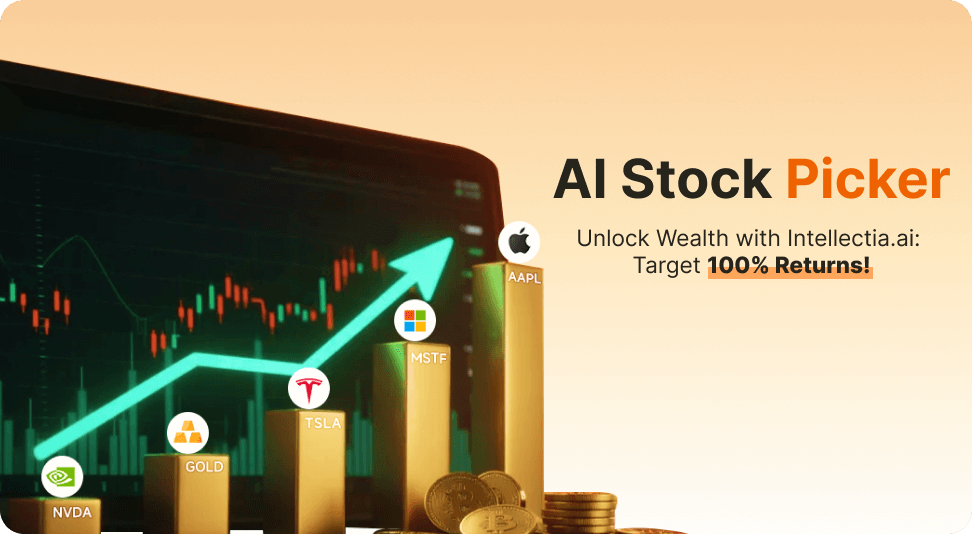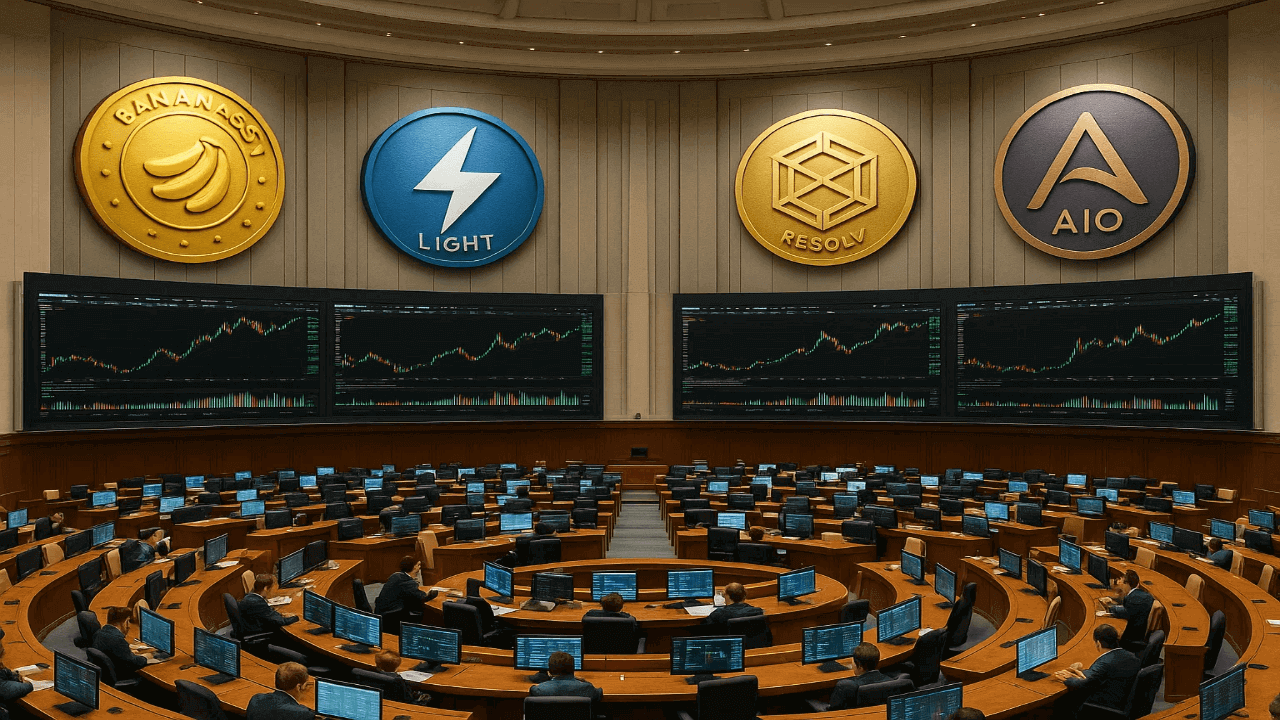Introduction
Investing in solar stocks is one way to benefit from the growing trend of renewable energy. However, choosing high-performing solar stocks to buy is not an easy task.
In this article, I will provide you with a list of the best solar stocks to buy. I have come up with this list by comparing the historical financial reports and stock price performance of a dozen solar stocks and studying each stock's future growth potential (including technological innovation and business diversification).
Key criteria for selecting high-performance solar stocks
Conducting a thorough analysis is a necessary step before investing in stocks. Here are several key factors that can assist you in identifying high-performing solar stocks.

Financial health
First, we assess the company's financial health to evaluate its operating status. The key indicators to examine include revenue, earnings, and cash flow.
Prioritize companies with increasing revenue and earnings, as these indicators reflect business growth and profitability. Additionally, a strong cash flow assures that the company can maintain operations and allocate funds for future market share and technological innovation.
Technological advantages and market position
Technological advantages can help us identify companies with moats, which are typically already in a dominant market position or have the potential to become market leaders. Therefore, I recommend prioritizing industry leaders with technological advantages, such as advanced photovoltaic (PV) cell efficiency, energy storage integration, or proprietary project development platforms.
Suppose a company has secured a significant solar project, government contract, or strategic partnership (such as with a utility or technology company). It will be a worthwhile investment because it indicates a stronger potential to dominate the solar market.
Sustainability and growth potential
Sustainability and growth potential are important criteria for determining whether a company is a good long-term investment option. To ensure long-term growth and sustainability, consider companies with numerous solar projects across various regions or incorporate other renewable energy sources.
The 5 best solar stocks to consider
1. SolarBank (SUUN)
SolarBank Corporation was founded in 2013 and is a renewable energy developer and operator. SolarBank's main businesses include solar photovoltaic (PV) power generation, battery energy storage systems (BESS), and electric vehicle charging projects.
SolarBank operates in Canada and the United States, and its customers include commercial and industrial companies, community solar users, municipalities, and electric utilities.
Why does it stand out?
SolarBank is in good financial shape. For the fiscal year ending June 30, 2024, SolarBank's revenue soared 217% YoY to $580 million, and operating cash flow increased 255% YoY to $8.49 million.

Despite recording a net loss of $3.58 million, which was due to non-recurring expenses such as listing fees and acquisitions, adjusted EBITDA was positive $485,000, indicating good core profitability.
SolarBank has a strong position in the solar energy sector. SolarBank has a track record of over 10 years in developing solar projects, with over 1,000 developed projects and 100+ managed solar power plants. As of March 2025, SolarBank has built projects with a capacity of over 60 MWp and potential projects with a capacity of over 700 MWp.
In addition to solar products, SolarBank has also expanded its business into battery storage and electric vehicle charging, giving it a strong position in the growing renewable energy market.

2. First Solar (FSLR)
Founded in 1999, First Solar is a leading U.S. solar technology company.
First Solar specializes in designing, manufacturing, and selling PV solar modules using thin-film cadmium telluride (CdTe) technology that outperforms traditional silicon panels in high heat and low light conditions.
The company also provides comprehensive solar system solutions, including development, engineering, procurement, construction, and operations and maintenance services, serving markets in North America, Europe, Asia Pacific, and other regions.
Why does it stand out?
First Solar had a strong financial performance in 2024. Net sales increased 27% YoY to $4.2 billion, with full-year diluted earnings per share of $12.02. At the end of 2024, it had a net cash balance of $1.2 billion, up from $700 million in the third quarter, thanks to tax credits and increased operating cash flow.
This financial stability provides flexibility for business expansion, with 2025 guidance for net sales of $5.3-$5.8 billion and diluted earnings per share of $17-$20.
First Solar's CdTe thin-film technology offers several advantages over c-Si modules, including higher energy yields (more than 90.8% performance after 25 years) and lower environmental impact (energy payback time is five times faster than c-Si panels, and more than 90% of the materials are recyclable).
CdTe thin-film technology helps First Solar not only avoid reliance on polysilicon, which mitigates supply chain risk but also qualifies for Inflation Reduction Act (IRA) incentives, including the Advanced Manufacturing Production Credit (45X), which directly improves profit margins.
First Solar's dominance of advanced thin-film PV modules, which represent the next generation of solar technology, has solidified its position. It is now the only U.S. company among the world's top 10 solar manufacturers. However, First Solar still faces competition from leading Chinese companies such as LONGi and Trina Solar.

3. Brookfield Renewable (BEPC)
Brookfield Renewable is one of the world's largest investors in renewable energy and transition assets. It participates in the renewable energy sector by investing in other companies and benefits from its growth.
Why does it stand out?
In 2019, Brookfield Renewable acquired the co-control of a global utility-scale solar developer through its investment in X-Elio. X-Elio has built multiple solar projects on four continents with a generating capacity of more than 3,000 MW. X-Elio is planning to build large projects in Australia, Spain, Italy, Japan, Chile, and the United States to accelerate global growth.
In 2022, Brookfield Renewable acquired clean energy developer Urban Grid and its approximately 20,000 MW of utility-scale solar and energy storage capacity across the United States. This move further expanded the proportion of solar energy in its portfolio.
In addition to solar energy, Brookfield Renewable has invested in a variety of renewable energy sectors. Its portfolio includes hydropower, wind power, distributed energy and energy storage, and sustainable solutions. This diversified portfolio helps improve its ability to withstand risks.
Moreover, the company's extensive portfolio of renewable energy projects is also in line with global climate goals, making it a key player in the fight against climate change. Its growth potential is supported by a strong pipeline of development projects and strategic acquisitions, ensuring continued expansion in fast-growing markets.
In 2024, Brookfield Renewable reported strong financials. By the end of 2024, Brookfield Renewable generated an FFO of $1.2 billion, a 10% YoY increase. At the end of the year, the company had more than $4.3 billion in cash flow.
Since going public in 2011, Brookfield Renewable has delivered 14 consecutive years of annual distribution growth of at least 5% each year. This makes it a favorable choice for investors seeking long-term dividends.

4. Clearway Energy (CWEN)
Clearway Energy is a major player in the US clean energy sector, focusing on the development and operation of wind, solar, and energy storage projects, with assets in 26 states.
Why does it stand out?
Clearway Energy is a major player in the solar energy sector. It is one of the largest full-service solar development and operation companies in the United States and currently owns and operates solar projects in 19 states.
Clearway Energy's finances remained stable in 2024. It reported a 4.3% YoY increase in revenue to $1.37 billion and an 11% YoY increase in net income to $88 million. Clearway Energy generated $770 million in cash from operating activities for the full year, and $425 million in cash available for distribution (CAFD).
Moreover, Clearway Energy announced a 1.7% increase in its first quarter 2025 dividend to $0.4312 per share, marking a stable return for shareholders.
Clearway Energy's strengths stem from its extensive experience in developing, building, and operating diversified clean energy assets. Its portfolio includes advanced wind, solar, and energy storage technologies.
Clearway Energy has established long-term partnerships with multiple institutions including businesses, education, government, and utilities. These long-term collaborations ensure that Clearway Energy has a relatively stable revenue stream and strengthens its market position.

Investment tips for solar stocks
As the global shift toward renewable energy accelerates, investing in solar energy stocks is a great opportunity for potentially high returns. But we still need some planning to reduce risk and maximize returns.
Firstly
I recommend diversifying your portfolio and balancing mature, stable large companies with niche companies that may offer higher growth.
For example, you could add both mature companies First Solar and SolarBank, which focuses on next-generation solar technology, to your portfolio. This combination helps reduce risk while allowing your portfolio to benefit from stable returns and next-generation technological breakthroughs.
Secondly
Focus on policy changes, as government incentives and regulations have a significant impact on the solar industry. Tax credits, subsidies, and renewable energy targets can stimulate demand for solar products and increase company profitability.
For example, an extension of the U.S. Solar Investment Tax Credit (ITC) could drive stock gains. Conversely, an increase in trade barriers (such as higher tariffs on imported solar panels) could affect the supply chain and affect company profits.
Finally
Pay attention to broader market dynamics, such as raw material costs (e.g. silicon prices), competition from solar companies in other countries, competition from other renewable energy sources, and changes in global energy demand. These factors can directly or indirectly affect a company's revenue and profits and are reflected in a stock's performance.
Consider investing in solar stocks as a long-term investment option. Because the widespread adoption of renewable energy, including solar energy, is a decades-long process. Therefore, I recommend that you assess your risk tolerance before investing and be prepared for short-term market fluctuations.
Conclusion
Solar stocks are a good investment option in the long term as they will benefit from the growing trend of renewable energy.
If you care more about high investment growth returns, SolarBank would be an option worth considering. If you want to invest in mature solar stocks, First Solar, which has a long history and solid financials, would be a better match for your needs.
For investors who are looking for stocks with low to medium risk and a good dividend record, Brookfield Renewable and Clearway Energy would be solar stocks worth considering.
Before you invest, I recommend using an artificial intelligence tool, Intellectia, to perform stock analysis. Intellectia is an AI assistant that you can use to get professional financial insights anytime, anywhere. Moreover, Intellectia will help you make smarter investment decisions by helping you determine the right time to buy and sell based on real-time data and advanced algorithms.
Frequently Asked Questions
What are the top 3 solar companies in the US?
Nextera Energy (NEE, 152.24B), First Solar (FSLR, 14.89B), and Nextracker (NXT, 6.54B) are the top 3 U.S. solar companies by market capitalization.
What solar company did Bill Gates invest in?
Bill Gates supports solar component manufacturer CubicPV through his Breakthrough Energy Ventures. However, CubicPV announced a comprehensive restructuring in 2024, including layoffs, replacement of CEO, and refocusing on pre-commercial module technology.
Does Elon Musk own a solar company?
Elon Musk's Tesla acquired SolarCity in 2016 for about $2.6 billion. After the acquisition, SolarCity's solar business was reorganized into Tesla Energy.










